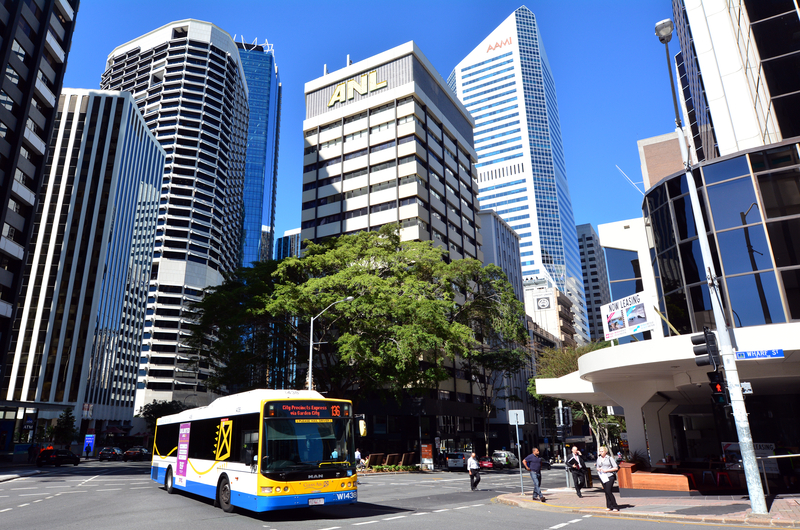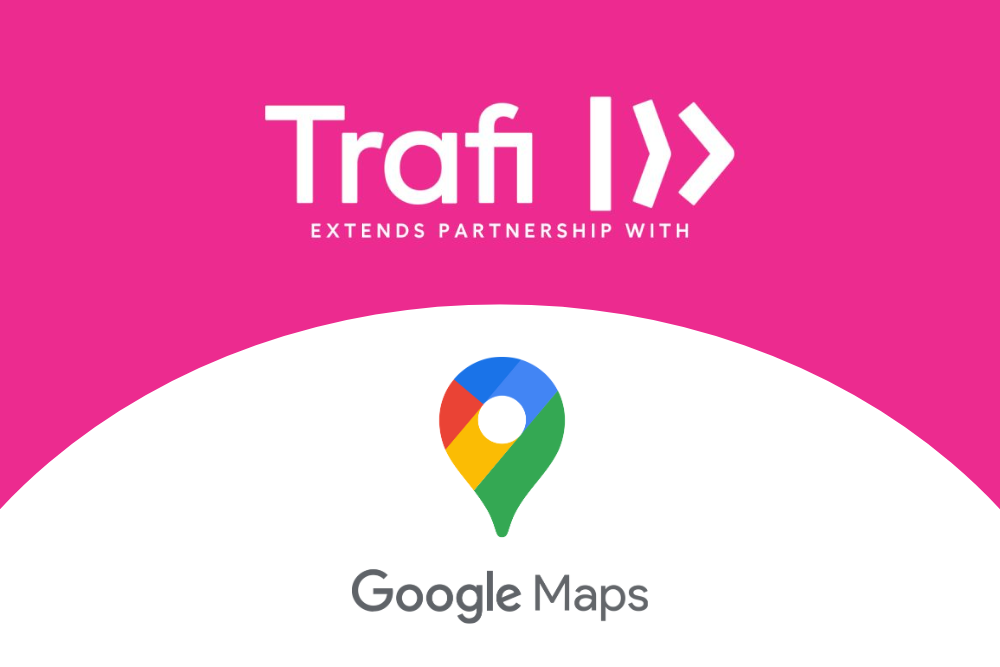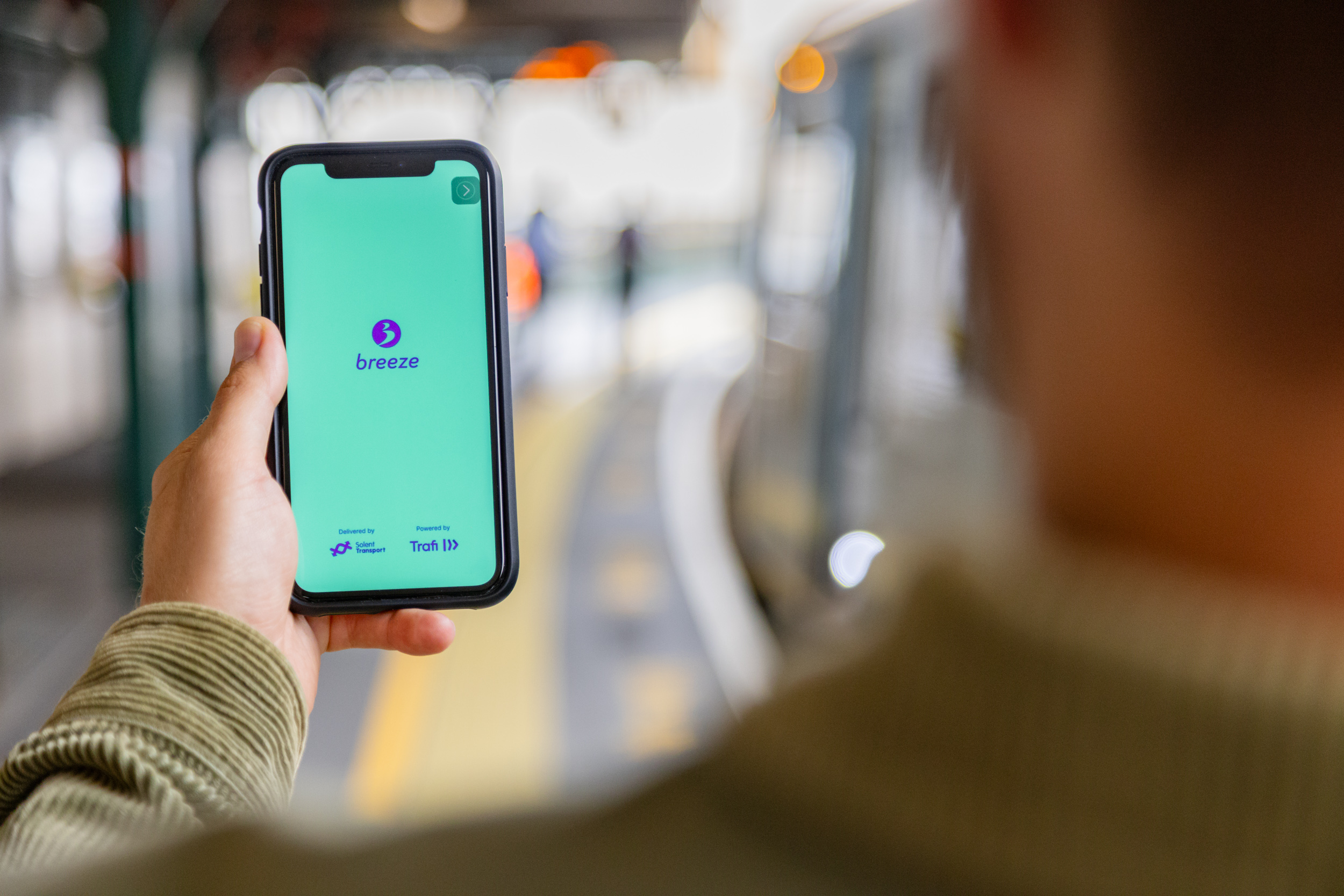
“Driving City Evolution: Unlocking Urban Potential with Smart Mobility Solutions”
In the era of rapid urbanization, cities face unprecedented challenges in managing transportation systems that are sustainable, efficient, and inclusive. Embracing Smart Mobility presents a transformative opportunity to revolutionize urban transportation and unlock the full potential of our cities.
Why Smart Mobility for Your City:
Smart Mobility offers a myriad of benefits for cities striving to create a more livable, accessible, and efficient urban environment. From reducing congestion and pollution to fostering inclusivity and affordability, Smart Mobility represents a holistic approach to city transportation.
The Promise of Smart Mobility:
By embracing Smart Mobility, cities can transition towards a more livable urban landscape. With integrated, multimodal transportation systems, cities can reduce congestion, improve air quality, and enhance the overall quality of life for residents.
Creating Citizen-Centric Transportation:
Smart Mobility empowers cities to prioritize the needs of citizens by offering seamless, interconnected transportation options. From integrated ticketing systems to real-time travel information, Smart Mobility ensures that transportation is accessible and convenient for all.
Embracing Universal Basic Mobility:
Smart Mobility advocates for the universal right of all citizens to access mobility within the city. By promoting inclusivity and affordability, cities can ensure that transportation remains accessible to individuals from all social classes.
The Economic Case for Smart Mobility:
The potential of Mobility-as-a-Service (MaaS) to revolutionize urban transportation is undeniable. Research indicates that MaaS platforms have the potential to significantly reduce private car usage and emissions while generating substantial revenue streams for cities.
Pre-Conditions for MaaS Implementation:
Cities equipped with integrated ticketing systems, robust data security measures, and technological infrastructure are well-positioned to roll out MaaS initiatives. By sharing real-time travel information and ensuring accessibility to a wide range of transport modes, cities can pave the way for a seamless transition to Smart Mobility. Here are just some examples of cities around the world leading the way:
- An integrated ticketing system streamlines access to multiple modes of transportation, allowing commuters to seamlessly transition between buses, trains, and other services.
- Robust personal data security measures ensure that commuters’ information remains protected and private, fostering trust in the MaaS system.
- Cutting-edge technology enables the rollout of MaaS platforms, providing commuters with user-friendly interfaces and access to real-time travel information.
- Sharing real-time travel time information from different stakeholders enhances coordination and efficiency across transportation networks, reducing congestion and improving the overall travel experience.
- Accessibility of all citizens to a wide range of modes of transport ensures that transportation remains inclusive and equitable, catering to the diverse needs of urban populations.
Smart Mobility represents a paradigm shift in urban transportation, offering cities the opportunity to redefine the way people move within urban environments. By embracing Smart Mobility, cities can create a more sustainable, inclusive, and efficient transportation system that meets the needs of residents and promotes economic prosperity. Let’s embark on this journey together and unlock the full potential of our cities with Smart Mobility.
Ready to transform your city’s transportation landscape? Join us to explore how Smart Mobility solutions can unlock your city’s urban potential and pave the way for a smarter, more sustainable tomorrow. Together, let’s embrace the Smart Mobility revolution and build cities that thrive for generations to come.



